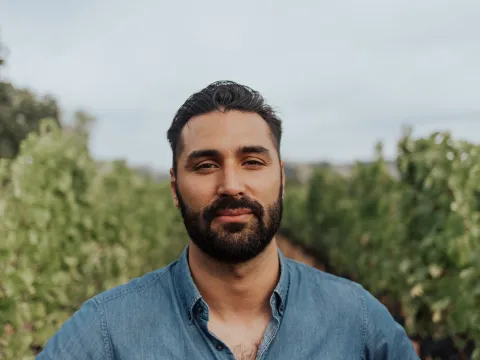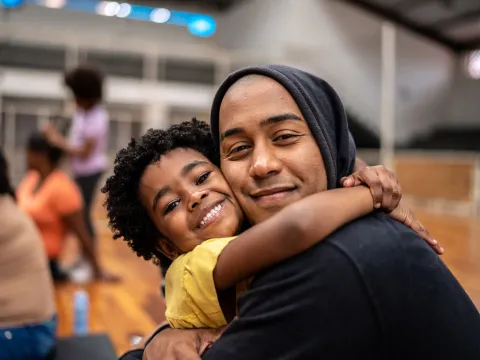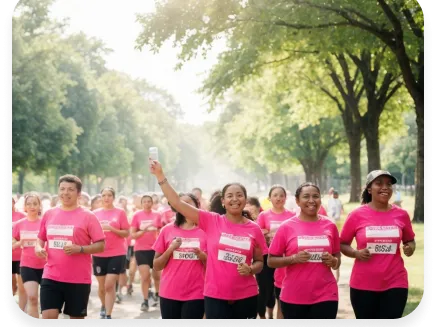Reorienting cancer care to a people-centred approach starts with understanding what individuals value and the conditions in which they live and make health choices across every stage of the cancer continuum – from prevention, screening, and diagnosis to treatment, palliative care, and survivorship. Cancer care should be holistic, not siloed around a single diagnosis. It should be embedded within a broader framework of responsive health services that consider the individual’s full range of needs. This includes screening for other cancers, managing co-morbidities and risk factors, and even addressing the health needs of family members who may be present—such as offering childhood vaccinations. By looking beyond the immediate condition or symptoms, integrated care can better support people in the context of their lives, not just their illnesses.
Effective prevention and early detection strategies must also be designed with an understanding of the social, economic, and environmental conditions that shape people’s knowledge, awareness, and health-seeking behaviours – including education, employment, housing, and access to healthy products.
At the point of diagnosis and treatment, people must be active participants in their care. A people-centred approach equips individuals with clear, accessible information so they can weigh options, manage their care, and make decisions that align with their values, goals, and lifestyles. It’s not about asking, “What’s the matter with you?” but rather, “What matters to you?”
Health literacy – the ability to find, understand, and use health information – is a cornerstone of this model. When people understand their diagnosis, treatment options, and care plan, they are more likely to participate actively, follow medical advice, and experience better health outcomes. Health systems must proactively ensure that information is tailored, culturally appropriate, and easy to navigate. This includes verbal communication, written materials, digital tools, and translation where needed.







